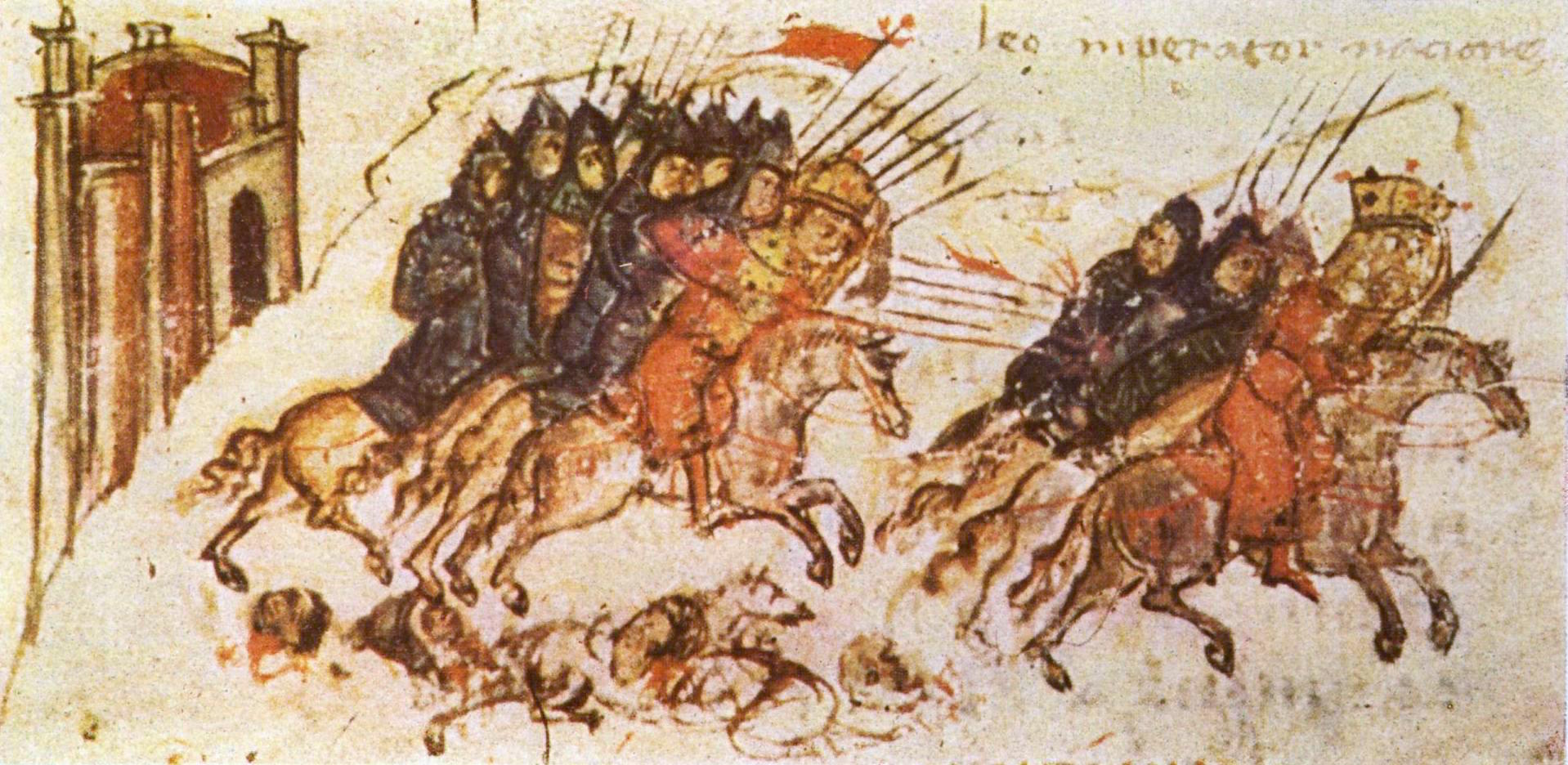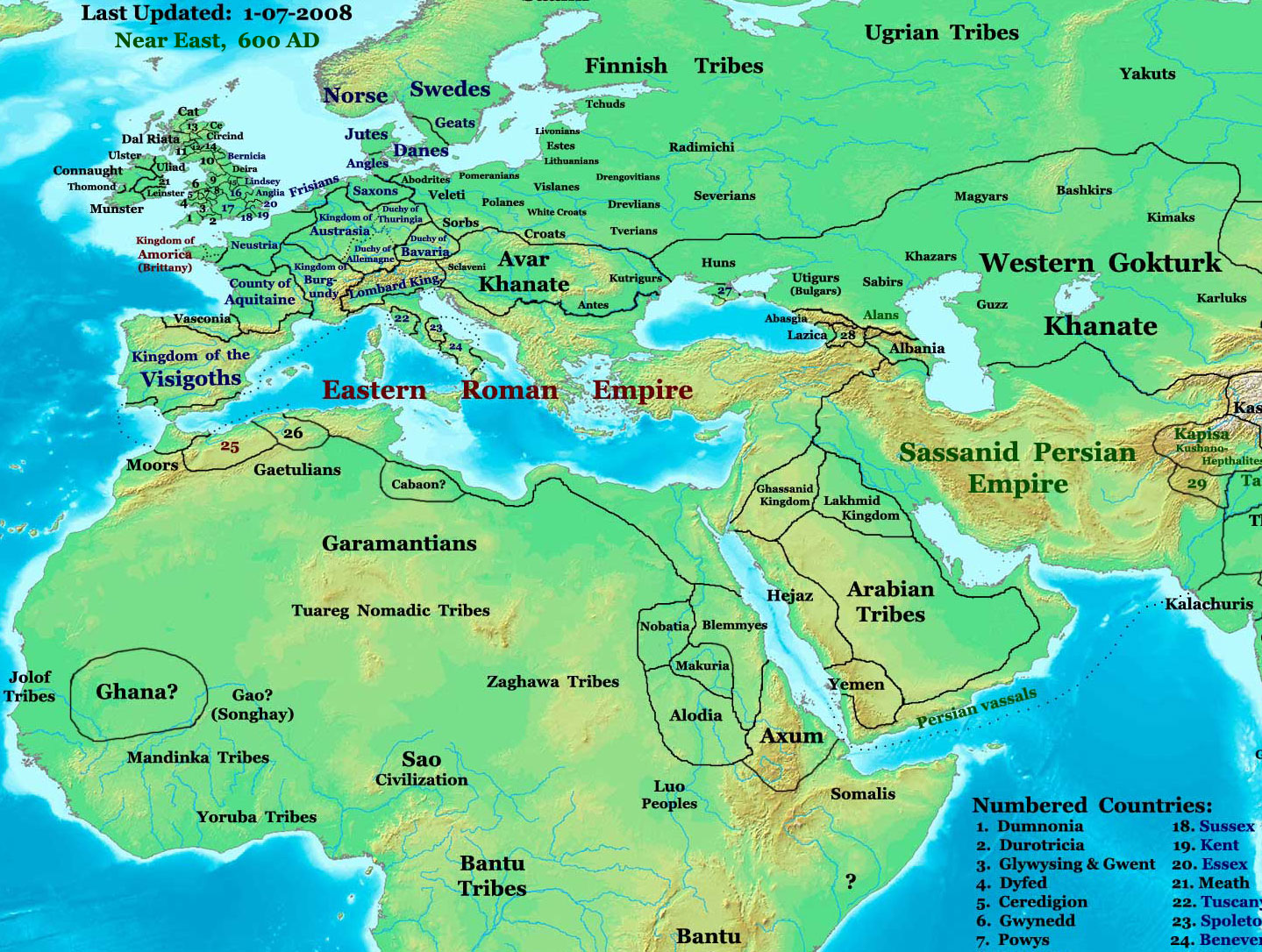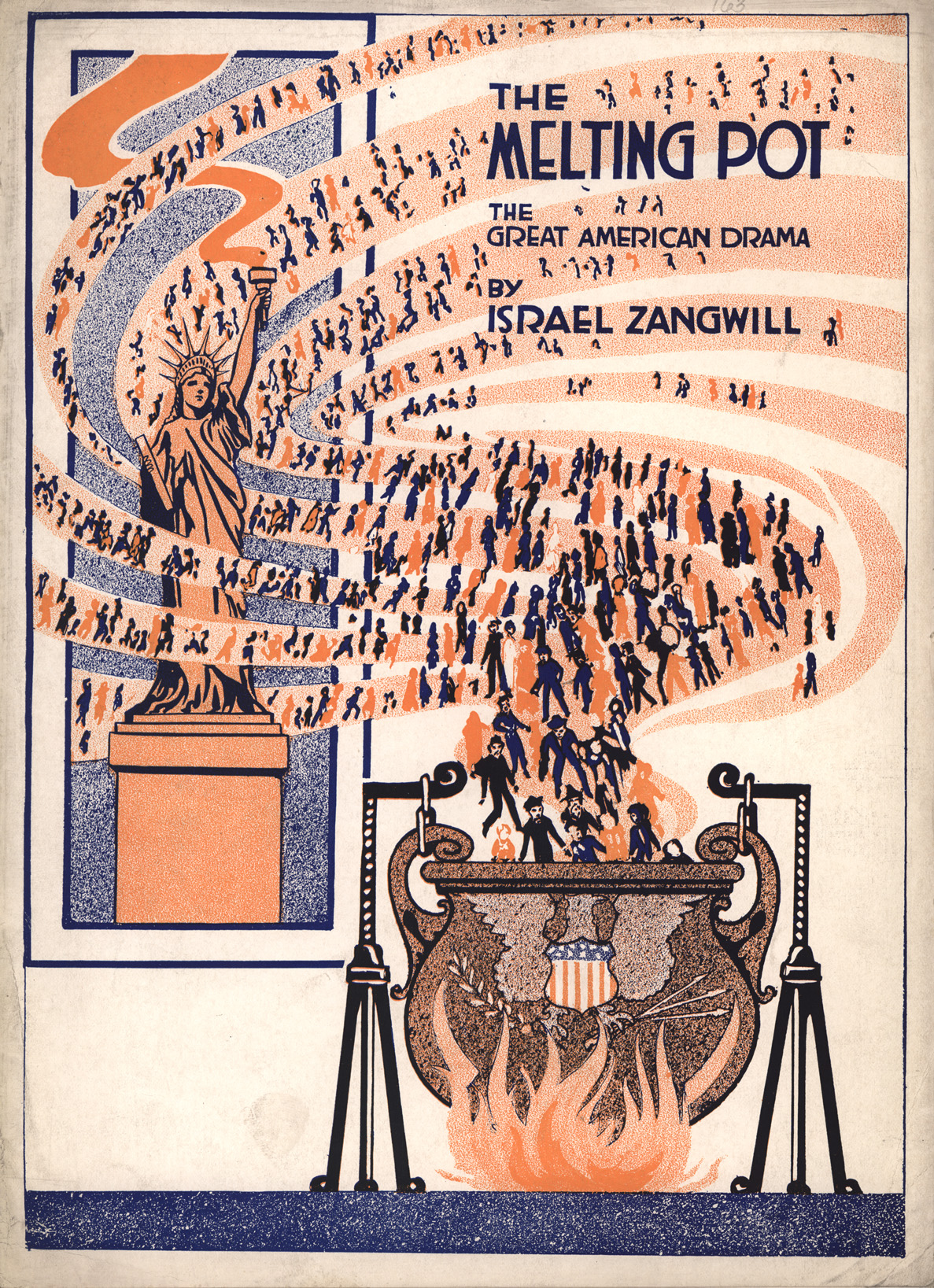|
Bulgarians
Bulgarians ( bg, българи, Bǎlgari, ) are a nation and South Slavs, South Slavic ethnic group native to Bulgaria and the rest of Southeast Europe. Etymology Bulgarians derive their ethnonym from the Bulgars. Their name is not completely understood and difficult to trace back earlier than the 4th century AD, but it is possibly derived from the Proto-Turkic word ''*bulģha'' ("to mix", "shake", "stir") and its derivative ''*bulgak'' ("revolt", "disorder"). Alternative etymologies include derivation from a compound of Proto-Turkic (Oghuric languages, Oghuric) ''*bel'' ("five") and ''*gur'' ("arrow" in the sense of "Turkic tribal confederations, tribe"), a proposed division within the Utigurs or Onogurs ("ten tribes"). Citizenship According to the Art.25 (1) of Constitution of Bulgaria, a Bulgarian citizen shall be anyone born to at least one parent holding a Bulgarian citizenship, or born on the territory of the Republic of Bulgaria, should they not be entitled to any oth ... [...More Info...] [...Related Items...] OR: [Wikipedia] [Google] [Baidu] |
Bulgars
The Bulgars (also Bulghars, Bulgari, Bolgars, Bolghars, Bolgari, Proto-Bulgarians) were Turkic semi-nomadic warrior tribes that flourished in the Pontic–Caspian steppe and the Volga region during the 7th century. They became known as nomadic equestrians in the Volga-Ural region, but some researchers say that their ethnic roots can be traced to Central Asia. During their westward migration across the Eurasian steppe, the Bulgar tribes absorbed other tribal groups and cultural influences in a process of ethnogenesis, including Iranian, Finnic and Hunnic tribes. Modern genetic research on Central Asian Turkic people and ethnic groups related to the Bulgars points to an affiliation with Western Eurasian populations. The Bulgars spoke a Turkic language, i.e. Bulgar language of Oghuric branch. They preserved the military titles, organization and customs of Eurasian steppes, as well as pagan shamanism and belief in the sky deity Tangra. The Bulgars became semi-sedentary du ... [...More Info...] [...Related Items...] OR: [Wikipedia] [Google] [Baidu] |
Bulgaria
Bulgaria (; bg, България, Bǎlgariya), officially the Republic of Bulgaria,, ) is a country in Southeast Europe. It is situated on the eastern flank of the Balkans, and is bordered by Romania to the north, Serbia and North Macedonia to the west, Greece and Turkey to the south, and the Black Sea to the east. Bulgaria covers a territory of , and is the sixteenth-largest country in Europe. Sofia is the nation's capital and largest city; other major cities are Plovdiv, Varna and Burgas. One of the earliest societies in the lands of modern-day Bulgaria was the Neolithic Karanovo culture, which dates back to 6,500 BC. In the 6th to 3rd century BC the region was a battleground for ancient Thracians, Persians, Celts and Macedonians; stability came when the Roman Empire conquered the region in AD 45. After the Roman state splintered, tribal invasions in the region resumed. Around the 6th century, these territories were settled by the early Slavs. The Bulg ... [...More Info...] [...Related Items...] OR: [Wikipedia] [Google] [Baidu] |
Republic Of Bulgaria
Bulgaria (; bg, България, Bǎlgariya), officially the Republic of Bulgaria,, ) is a country in Southeast Europe. It is situated on the eastern flank of the Balkans, and is bordered by Romania to the north, Serbia and North Macedonia to the west, Greece and Turkey to the south, and the Black Sea to the east. Bulgaria covers a territory of , and is the sixteenth-largest country in Europe. Sofia is the nation's capital and largest city; other major cities are Plovdiv, Varna and Burgas. One of the earliest societies in the lands of modern-day Bulgaria was the Neolithic Karanovo culture, which dates back to 6,500 BC. In the 6th to 3rd century BC the region was a battleground for ancient Thracians, Persians, Celts and Macedonians; stability came when the Roman Empire conquered the region in AD 45. After the Roman state splintered, tribal invasions in the region resumed. Around the 6th century, these territories were settled by the early Slavs. The Bulgars, led by As ... [...More Info...] [...Related Items...] OR: [Wikipedia] [Google] [Baidu] |
Macedonians (ethnic Group)
Macedonians ( mk, Македонци, Makedonci) are a nation and a South Slavic ethnic group native to the region of Macedonia in Southeast Europe. They speak Macedonian, a South Slavic language. The large majority of Macedonians identify as Eastern Orthodox Christians, who speak a South Slavic language, and share a cultural and historical "Orthodox Byzantine–Slavic heritage" with their neighbours. About two-thirds of all ethnic Macedonians live in North Macedonia and there are also communities in a number of other countries. The concept of a Macedonian ethnicity, distinct from their Orthodox Balkan neighbours, is seen to be a comparatively newly emergent one. The earliest manifestations of an incipient Macedonian identity emerged during the second half of the 19th century among limited circles of Slavic-speaking intellectuals, predominantly outside the region of Macedonia. They arose after the First World War and especially during 1930s, and thus were consolidated by ... [...More Info...] [...Related Items...] OR: [Wikipedia] [Google] [Baidu] |
Constitution Of Bulgaria
The Constitution of the Republic of Bulgaria ( bg, Конституция на Република България, ''Konstitutsia na Republika Bǎlgariya'') is the supreme and basic law of the Republic of Bulgaria. The current constitution was adopted on 12 July 1991 by the 7th Grand National Assembly of Bulgaria, and defines the country as a unitary parliamentary republic. It has been amended five times (in 2003, 2005, 2006, 2007, and 2015). Chronologically, it is the fourth constitution of Bulgaria, the first being the Tarnovo Constitution of 1879. It was immediately preceded by the two Socialist-era constitutions–the Dimitrov Constitution (named after Georgi Dimitrov), in force between 1947 and 1971, and the Zhivkov Constitution (named after Todor Zhivkov), in force between 1971 and 1991. Content Political System Distribution of powers The constitution sets about a parliamentary form of government, in which executive power is rested upon the Government of Bulgaria, ... [...More Info...] [...Related Items...] OR: [Wikipedia] [Google] [Baidu] |
Oghuric Languages
The Oghuric, Onoguric or Oguric languages (also known as Bulgar, Pre-Proto-Bulgaric or Lir-Turkic and r-Turkic) are a branch of the Turkic language family. The only extant member of the group is the Chuvash language. The first to branch off from the Turkic family, the Oghuric languages show significant divergence from other Turkic languages, which all share a later common ancestor. Languages from this family were spoken in some nomadic tribal confederations, such as those of the Onogurs or Ogurs, Bulgars and Khazars. History The Oghuric languages are a distinct group of the Turkic languages, standing in contrast to Common Turkic. Today they are represented only by Chuvash. The only other language which is conclusively proven to be Oghuric is the long-extinct Bulgar, while Khazar may be a possible relative within the group. There is no consensus among linguists on the relation between Oghuric and Common Turkic and several questions remain unsolved: *Are they parallel branc ... [...More Info...] [...Related Items...] OR: [Wikipedia] [Google] [Baidu] |
Turkic Tribal Confederations
The Turkic term ''oğuz'' or ''oğur'' (in z- and r-Turkic, respectively) is a historical term for "military division, clan, or tribe" among the Turkic peoples. With the Mongol invasions of 1206–21, the Turkic khaganates were replaced by Mongol or hybrid Turco-Mongol confederations, where the corresponding military division came to be known as '' orda''. Background The 8th-century Kül Tigin stela has the earliest instance of the term in Old Turkic epigraphy: ''Toquz Oghuz'', the "nine tribes". Later the word appears often for two largely separate groups of the Turkic migration in the early medieval period, namely: * Onogur "ten tribes" *Utigurs *Kutrigurs * Uyghur The stem ''uq-, oq-'' "kin, tribe" is from a Proto-Turkic ''*uk''. The Old Turkic word has often been connected with ''oq'' "arrow"; Pohl (2002) in explanation of this connection adduces the Chinese ''T'ang-shu'' chronicle, which reports "the khan divided his realm into ten tribes. To the leader of each tribe ... [...More Info...] [...Related Items...] OR: [Wikipedia] [Google] [Baidu] |
Utigurs
Utigurs were Turkic nomadic equestrians who flourished in the Pontic–Caspian steppe in the 6th century AD. They possibly were closely related to the Kutrigurs and Bulgars. Etymology The name ''Ut(r)igur'', recorded as , and , is generally considered as a metathesized form suggested by Gyula Németh of Turkic ''*Otur- Oğur'', thus the ''*Uturğur'' mean "Thirty Oğurs (tribes)". Lajos Ligeti proposed ''utur-'' (to resist), while Louis Bazin ''uturkar'' (the victors-conquerors), ''Quturgur'' and ''qudurmaq'' (the enrages). There has been little scholarly support for theories linking the names Kutrigur and Utigur to peoples such as the Guti/Quti and/or Udi/Uti, of Ancient Southwest Asia and the Caucasus respectively, which have been posited by scholars such as Osman Karatay, and Yury Zuev. No evidence has been presented that the Guti moved from their homeland in the Zagros Mountains (modern Iran/Iraq) to the Steppes, and they are widely believed to have spoken an Indo- ... [...More Info...] [...Related Items...] OR: [Wikipedia] [Google] [Baidu] |
Onogurs
The Onoğurs or Oğurs (Ὀνόγουροι, Οὔρωγοι, Οὔγωροι; Onογurs, Ογurs; "ten tribes", "tribes"), were Turkic nomadic equestrians who flourished in the Pontic–Caspian steppe and the Volga region between 5th and 7th century, and spoke the Oghuric language. Etymology The name ''Onoğur'' is widely thought to derive from ''On-Oğur'' "ten Oğurs (tribes)". Modern scholars consider Turkic terms for tribe ''oğuz'' and ''oğur'' to be derived from Turkic ''*og/uq'', meaning "kinship or being akin to". The terms initially were not the same, as ''oq/ogsiz'' meant "arrow", while ''oğul'' meant "offspring, child, son", ''oğuš/uğuš'' was "tribe, clan", and the verb ''oğša-/oqša'' meant "to be like, resemble". The ethnonym Hungarian is thought to be possibly derived, among other hypotheses, from Onogurs (> (H)ungars). Language The Onoghuric or Oghuric languages are a branch of the Turkic languages. Some scholars suggest Hunnic had strong ties with Ogh ... [...More Info...] [...Related Items...] OR: [Wikipedia] [Google] [Baidu] |
Map Of The Bulgarian Diaspora In The World
A map is a symbolic depiction emphasizing relationships between elements of some space, such as objects, regions, or themes. Many maps are static, fixed to paper or some other durable medium, while others are dynamic or interactive. Although most commonly used to depict geography, maps may represent any space, real or fictional, without regard to context or scale, such as in brain mapping, DNA mapping, or computer network topology mapping. The space being mapped may be two dimensional, such as the surface of the earth, three dimensional, such as the interior of the earth, or even more abstract spaces of any dimension, such as arise in modeling phenomena having many independent variables. Although the earliest maps known are of the heavens, geographic maps of territory have a very long tradition and exist from ancient times. The word "map" comes from the , wherein ''mappa'' meant 'napkin' or 'cloth' and ''mundi'' 'the world'. Thus, "map" became a shortened term referring to ... [...More Info...] [...Related Items...] OR: [Wikipedia] [Google] [Baidu] |
Bulgarian Citizenship
Bulgarian nationality law is governed by the Constitution of Bulgaria (article 25 and 26) of 1991 and the citizenship law of 1999 (with changes made in various years through to 2009). It is mainly based on jus sanguinis; however, it is possible to obtain citizenship after 5 years of residence in Bulgaria. Naturalisation is available on the basis of residence in certain types of status; marriage or on the basis of origin or at the discretion of the government of Bulgaria to persons of merit. The Bulgarian Ministry of Justice is in charge of processing citizenship applications. Every Bulgarian citizen is also a citizen of the European Union. Acquisition of Bulgarian citizenship Bulgarian citizenship can be acquired in the following ways: # ': By descent if at least one of the parents is a Bulgarian citizen; # ': By birth in Bulgaria (unless citizenship of another country has been acquired by descent), or a child found in Bulgaria whose parents are unknown; # By naturalisation: ... [...More Info...] [...Related Items...] OR: [Wikipedia] [Google] [Baidu] |
Melting Pot
The melting pot is a monocultural metaphor for a heterogeneous society becoming more homogeneous, the different elements "melting together" with a common culture; an alternative being a homogeneous society becoming more heterogeneous through the influx of foreign elements with different cultural backgrounds, possessing the potential to create disharmony within the previous culture. It can also create a harmonious hybridized society known as cultural amalgamation. Historically, it is often used to describe the cultural integration of immigrants to the United States. A related concept has been defined as "cultural additivity." The melting-together metaphor was in use by the 1780s.p. 50 See "..whether assimilation ought to be seen as an egalitarian or hegemonic process, ...two viewpoints are represented by the melting-pot and Anglo-conformity models, respectively" The exact term "melting pot" came into general usage in the United States after it was used as a metaphor descr ... [...More Info...] [...Related Items...] OR: [Wikipedia] [Google] [Baidu] |




